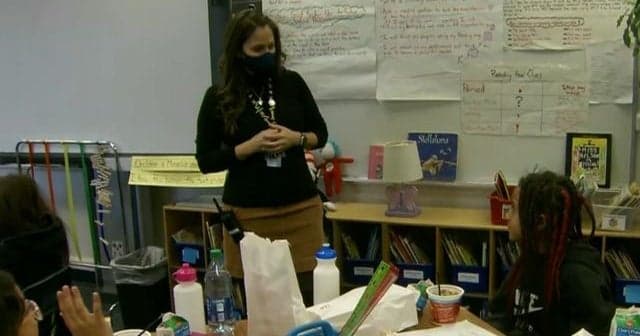Two Wake County Schools Warn Parents of Staff Shortages Ahead of Protests
Two Wake County schools emailed parents on November 7 warning of anticipated staffing shortages tied to a rumored teacher call out, citing planned walkouts for the following week. The notices highlighted possible disruptions for front office operations and classroom coverage, underscoring broader tensions over a stalled state budget and rising health insurance costs that affect local schools.

On November 7 two Wake County schools notified families to expect staffing strains amid reports of a teacher call out aimed at drawing attention to state funding and benefits issues. East Wake Magnet High School told parents it was anticipating “higher-than-normal” staff shortages on Friday, November 7, and Monday, November 10. White Oak Elementary in Apex sent a similar message that asked for patience if parents needed to call or pick up students because front office staff might be occupied with other school needs.
The White Oak email stated, "While we expect to have enough staff available to support teaching and learning both days, please be patient when calling the school or if you need to pick up your child during the day, as front office staff may be tending to other school needs," the email from White Oak Elementary read. Those notices were obtained by WRAL News, which reported that Wake County Schools overall did not appear to experience widespread disruption as the day began.
District officials told WRAL that requests for substitute teachers actually decreased as the start of the school day approached, and that the number of substitutes requested represented a small percentage of the district workforce. Some individual classrooms were affected, and WRAL reported that instructional assistants sometimes served as substitute teachers when teachers were absent. A teacher at Powell Magnet Elementary said she and colleagues rescinded leave requests late in the week because of concern for colleagues forced to cover shifts, even while they supported the goals motivating the call out.
The possible action came in the context of a circulating social media graphic calling for walkouts to protest educational funding cuts, higher healthcare costs for educators, and the absence of a passed state budget. Organizers of statewide actions have noted that successful large scale teacher mobilizations typically require months of planning, and WRAL reporting indicated mixed appetite among local educators for an impromptu call out.
For Wake County residents the immediate impact was practical. Schools warned parents that front office capacity could be reduced, that classroom coverage might rely more heavily on substitutes and on staff filling temporary roles, and that routine communications could be slower. Beyond those operational effects the episode underscored policy vulnerabilities for the district. The state budget impasse and rising premiums for educator health insurance have become drivers of teacher frustration and could affect staffing stability, recruitment costs, and classroom continuity if unresolved.
The events also carry civic implications. They highlight how state level budgeting decisions filter down to daily operations in local schools and may influence community engagement and voting patterns as educators and families weigh policy outcomes in upcoming elections. Local officials and school leaders will remain focal points for addressing both immediate coverage needs and longer term policy responses to sustain the teaching workforce.


